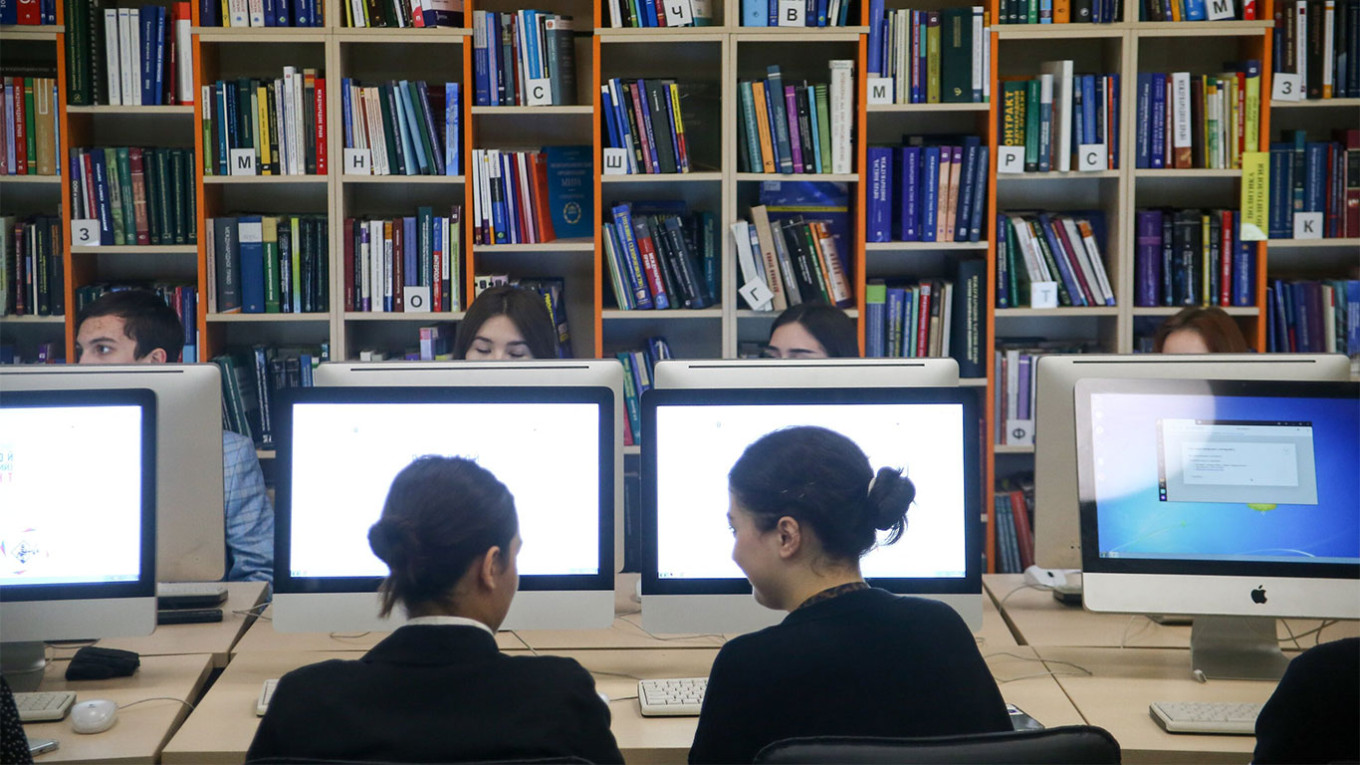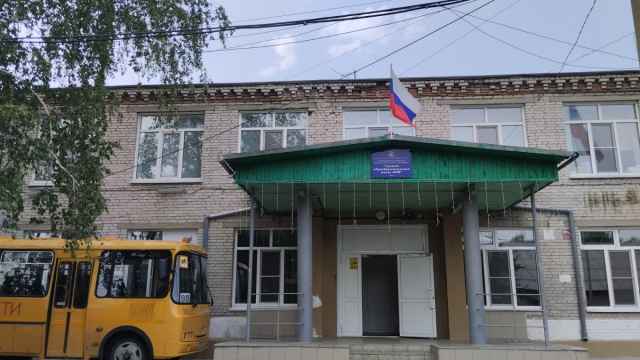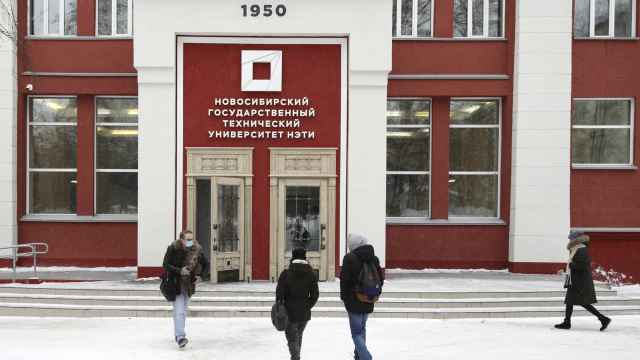I cannot recall another recent event that so starkly demonstrates what the Kremlin has in store for the country’s future than the recent designation of the Free University as an “undesirable organization.”
The Free University, for those who don't know it, was created in 2020 by several professors who were fired from Russia’s Higher School of Economics. Banned from teaching at state institutions, these professors chose to continue teaching anyway — and for free.
Nearly three years later, the Free University boasted around a hundred professors and offered dozens of courses to an ever-growing number of students. The entire community operated gratis — tuition was free and lecturers didn’t get paid. While the institution was unable to issue diplomas, students received certificates for the courses they'd completed, and efforts were being made to receive recognition from Western universities.
All of this, according to Russia’s Prosecutor General’s Office, is undesirable, and reading or listening to the lectures provided by the Free University's instructors is an administrative offense that can become a criminal offense the second time around.
Of course, the use of “undesirable organization” status by the Russian government has become a badge of honor for institutions, just as the “foreign agent” status awarded to individuals has. But what exactly about the Free University so enraged the powers that be?
First and foremost, it’s the Free University's teaching staff, who, while not quite undesirable enough to merit poisoning, were deemed sufficiently undesirable to deserve being banned from having contact with Russian students.
These instructors are highly qualified. The university is organized like a club: to join the university staff, a teacher had to be nominated by one staff member, and then vouched for by another. Final hiring decisions were made by the teaching body as a whole, with those ultimately invited to join the university being some of the best in their fields.
But these "undesirable" professors were also guilty of another, more serious crime: they were forward thinkers. They understood their calling and the responsibility they had to continue the best traditions of the Russian intelligentsia. They educated people without asking for money as sharing knowledge had a profound meaning for them, was their raison d'être, even. It’s therefore obvious why they were so undesirable in the eyes of the Russian authorities.
Secondly, the students at the Free University were also undesirable, united as they were by a desire to learn. They came to the university not to receive a diploma, but to learn and to understand. While tuition may have been free, students still had to dedicate time and energy to their classes. Those who studied at the Free University didn't consider these efforts excessive — learning new things was more important to them than the fun they missed out on or the money they could have earned instead. What use could Putin’s government possibly have for people like that?
The Russian government has no need of people with doubts, who ask questions, who seek the truth. Why would it? From the government's perspective, citizens should believe everything they are told by state media and be prepared to accept that something that was black yesterday is white today. Education is, therefore, the enemy. And uncensored education even more so. Why else would the Russian government spend so many years destroying it?
So, it’s all quite predictable. The only thing that surprises me about the Free University being deemed an “undesirable organization” is that it didn't happen sooner.
The government is destroying entire educational institutions, forcing those who form our scientific and educational elite to move abroad, while leaving fewer and fewer opportunities for those who remain. The government is actively creating obstacles for those who wish to get a good education while confiscating books written by undesirable authors from libraries. When the regime dies, our culture will need decades to heal these wounds.
But the final victory will not be theirs. The Bolsheviks did the exact same thing on a far larger scale. While philosophers’ ships and the gulag appeared back then to have turned the country into an intellectual desert, the moment the Soviet government fell, that which refused to die and had survived underground began to rise once again.
I’m certain that no Free University professor will renounce their professional calling and that this latest act of political repression will only serve to intensify the sense of duty they feel. The state may be able to destroy any institution it pleases, but no dictatorship has ever been able to repress people’s desire to learn.
This an edited version of an article that originally appeared in Novaya Gazeta Europe.
A Message from The Moscow Times:
Dear readers,
We are facing unprecedented challenges. Russia's Prosecutor General's Office has designated The Moscow Times as an "undesirable" organization, criminalizing our work and putting our staff at risk of prosecution. This follows our earlier unjust labeling as a "foreign agent."
These actions are direct attempts to silence independent journalism in Russia. The authorities claim our work "discredits the decisions of the Russian leadership." We see things differently: we strive to provide accurate, unbiased reporting on Russia.
We, the journalists of The Moscow Times, refuse to be silenced. But to continue our work, we need your help.
Your support, no matter how small, makes a world of difference. If you can, please support us monthly starting from just $2. It's quick to set up, and every contribution makes a significant impact.
By supporting The Moscow Times, you're defending open, independent journalism in the face of repression. Thank you for standing with us.
Remind me later.








